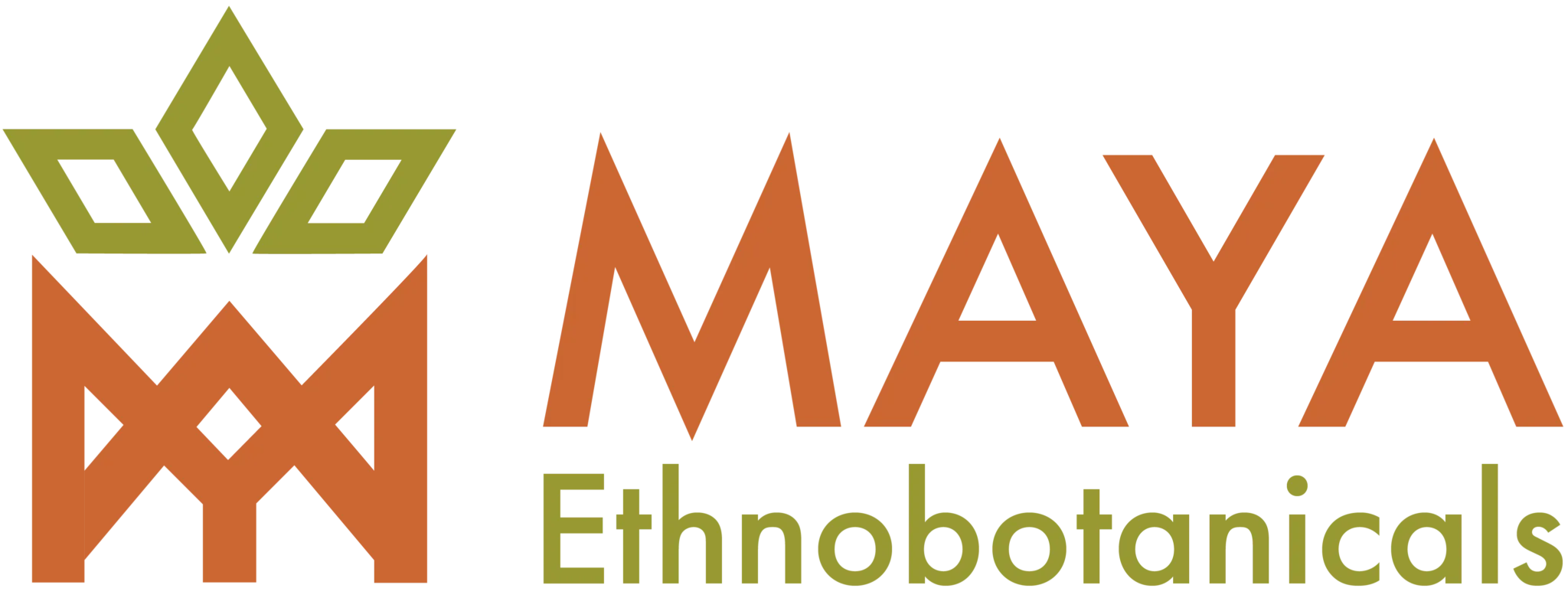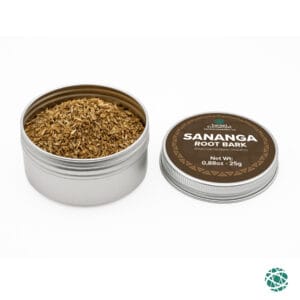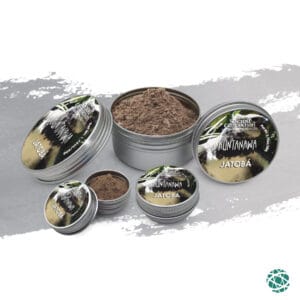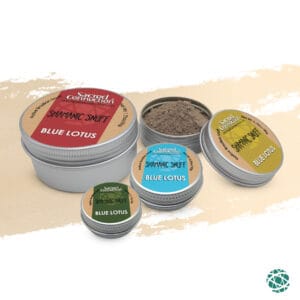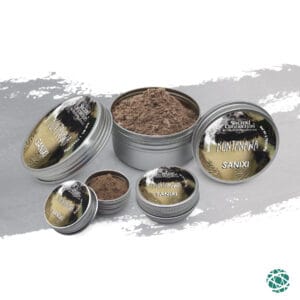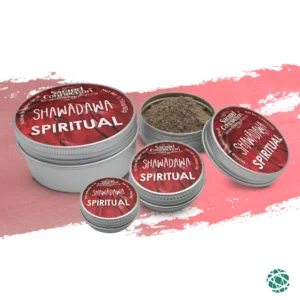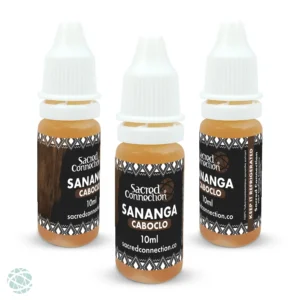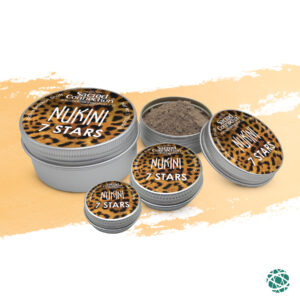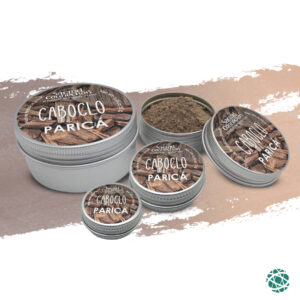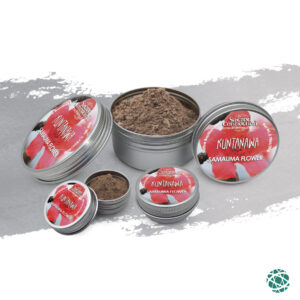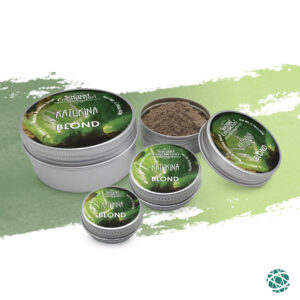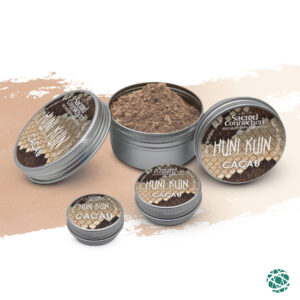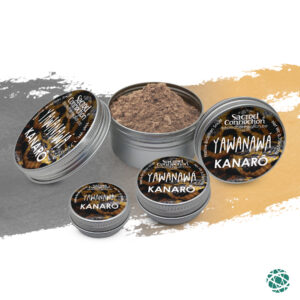Haux
In the beginning…
In the tradition of the Huni Kuin creation began with the cosmic Jiboia or Boa constrictor who brought creation and taught the use of the sacred medicines to the people. The first sound emitted was Haux Haux, the beginning of all. As in many traditions it all started with sound sound is the creative force and the beginning of all that was, is and ever will be. Haux Haux, Ohm or the Big Bang!
Haux Haux is intoned by the Shaman when he starts a prayer, as in India they say Ohm when they start a mantra.
Chief Biraci Yawanawa on Haux
Acording to chief Biraci Yawanawa Haux is like an oath, when the Pajé or Shaman intones the sacred sound Haux from that moment onwards he is working for the benefit of a sick person, or the tribe or existence or whatever is the object of the spiritual work that was opened with that sacred oath.
That is why in their tradition it is not a word that should be spoken lightly or in the old days wasn’t even permitted to pass the lips of one who wasn’t initiated.
What is Haux?
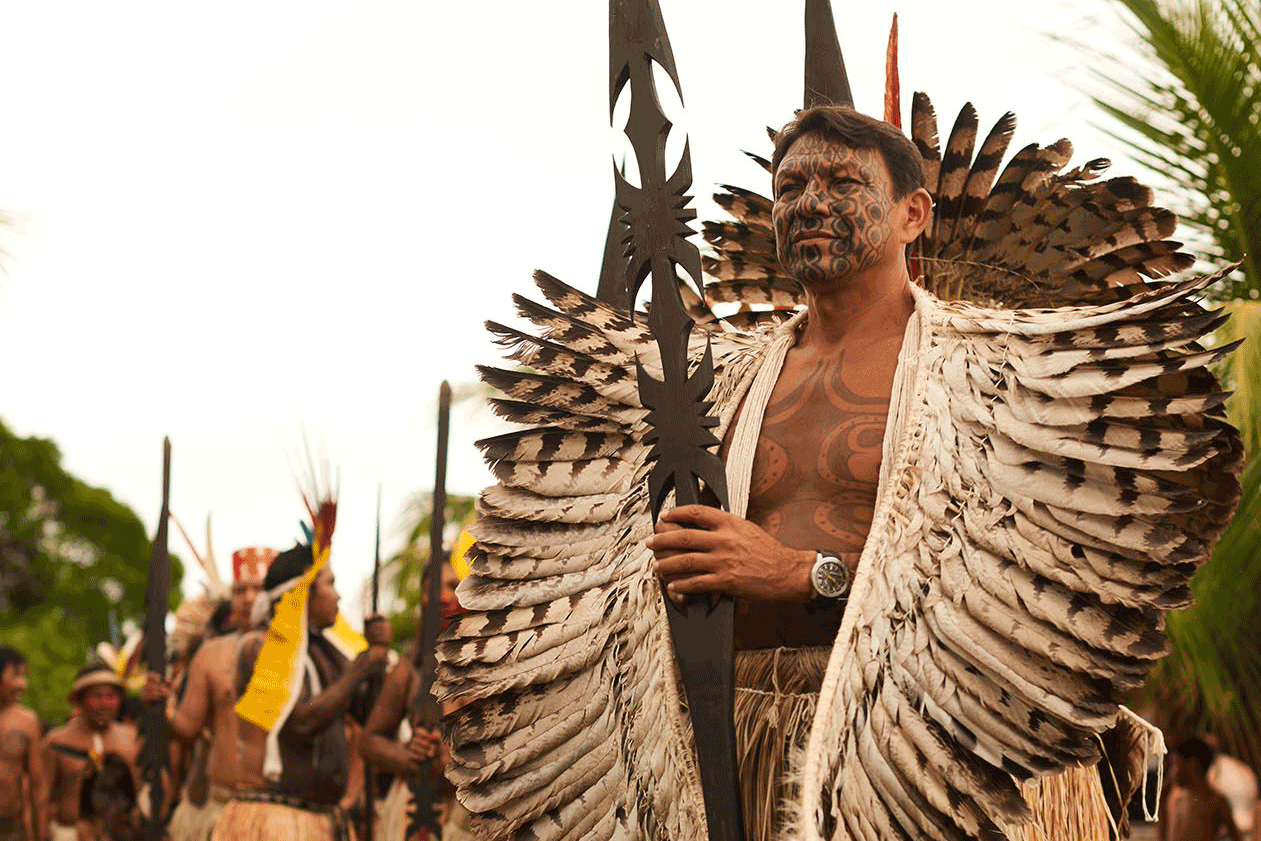
Just as a side note about the seriousness of these matters in Yawanawa tradition I once asked Biraci about the creation myth of his people. He explained they only narrate the creation myth of the people themselves, not the universe. When I inquired more, he explained that in the old days they did have a creation myth, but it took around 24 hours to sing it and once one begins it has to be finished, so imagine the power the shaman must have to sing 24 hours straight! Anyway, let’s not digress and get back to the subject.
When I asked Biraci to say a few words about Haux he said the following:
“We Yawanawa we use the word Haux when we start a prayer, We pray with our jar (a traditional Yawanawa way of praying with a clay por filled with Caicuma or some other preparation) to heal someone, or to initiate someone into our spiritual world. It is an affirmation of a spiritual commitment of prayer. Every shaman that heals by prayer takes his jar and says Haux. Our Huni Kuin cousins they say Haux for nearly everything, I don’t understand it very well but for us it is a very serious word.”
Haux in modern times
Nowadays the usage of the word Haux has become more flexible, it is used as a greeting, an affirmation or when consecrating Rapé or other medicines from their traditions. The popularization of the word started with the Huni Kuin or Kaxinawa but has spread to the other tribes from the Pano linguistic root. The popularization of the word is not necessarily disrespect but some of the older ones that still remember the times as they once were do consider it disrespect with the tradition of their people. And maybe with good reason, if you study more their traditions you encounter a profound and vast system of knowledge, most has been lost since contact but even the little that is left is a lot and deserves to be respected and preserved.
We will share some citations from Tuwe Huni Kuin and Taskha Yawanawa. As said before the more common use of Haux started with the Huni Kuin, the Yawanawa traditionally didn’t have a day to day use for Haux but by now with the contact between the tribes and non-indigenous they also started using it in the same fashion as the Huni Kuin, just a bit less.
Tuwe Huni Kuin on Haux
According to Tuwe Huni Kuin:
“ The Kaxinawá and the Yawanawá use “haux” differently. For us, haux was the first sound emitted by the boa constrictor, which is the being from which the Huni Kuin people (Kaxinawa) originate cosmologically and is also the being who taught medicine to the people. The haux, many years ago, was used only by the shaman when starting and ending a song or healing work, as a greeting to people and a greeting to the spiritual dimension, using the language of the boa constrictor. Over time, “haux” became a more flexible and commonly used term, meaning a greeting, a greeting, a confirmation or a thank you.”
The meaning of Haux, Tashka Yawanawa
The respected journalist from Acre state in Brazil, Altino Machado wrote a commentary from his friend Tashka Yawanawa in an article he published on the subject, in his words:
“I asked my friend Tashka Yawanawa about the meaning of haux. He replied:”
“It is a sacred word for our people and has been trivialized by the new agers. I spoke about it with the shaman Tatá, who is 95 years old. Seriously, Tatá said: “Haux is puinki natu who speaks without knowing what it is”. Translating: the asshole of someone who writes or speaks without knowing what it is. And we both died laughing.”
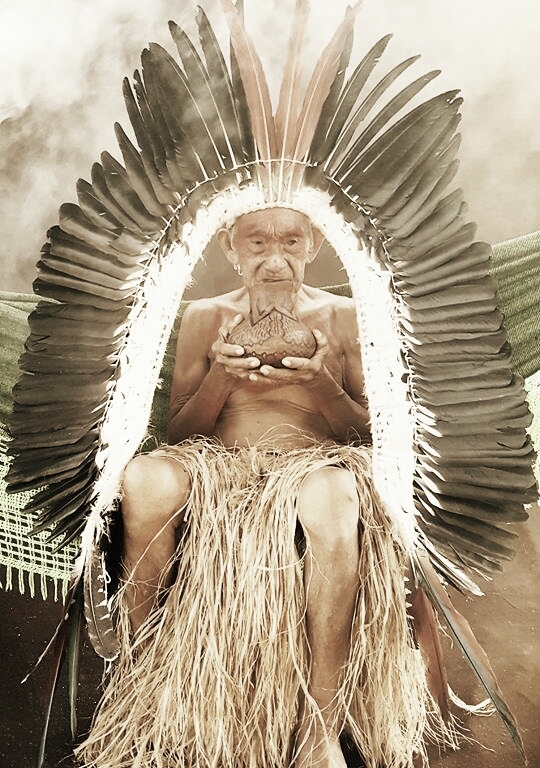
And here we will add another text that Tashka Wrote about the subject sharing his knowledge and wisdom:
“Haux is not a greeting…it is a sacred word used in healing rituals. Haux in Sheyuki. Sheyuki, it’s like a massage that the pajé uses his hands to massage over the sick part of the body and at the end he puts both hands together and blows to the heavens, saying Haux!!!!! Let the cure come!!!! Haux em Rakushakin – After a night of Uni, the shaman has a divine power in his body and power in his mouth. He was exuding the force of the miracoes last night… So he calls the children and old people and `atu rakushakin`, he goes to blow so that his words vaccinate and ward off people’s disease… he blows without in people’s heads, then he joins both hands blows to the sky saying Haux!!!! Let the cure come!!!! Haux in Vekushi… Spiritual cleansing, the shamans burn Sepa, our sacred medicine that exudes the perfume of the spirits.
Speak Haus!!! I come to cure!!!! Haux in healing work, it is used when the paje starts a healing prayer, which we call Unimai, which means, that it is starting, that it is creating, that a prayer is being born. He closes a prayer with Haux. It is also used at intervals and After the pajé has prayed all night in a clay pot for a sick person. take effect, he hands it over to the creator to bless that work. Traditionally, if you are not a shaman and have never taken Rara, our shamanic initiation plant, you are not allowed to pronounce the word Haux, as it was a way for shamans to exude the power that was within them to pass on to other people the power of cure..If you are not the qualified person, speaking Haux is considered an insult to spiritual leaders… Or you were called Paisma, Txau kesha, which means, insoçu, machete snake mouth, which is worthless…. Please don’t give me that idea that Haux fell in favor with the people and that’s why he took on a life of his own. It is necessary to respect ancient traditions and not let globalization change indigenous traditions… Please also, don’t try to teach me what the word Haux is!!!”
